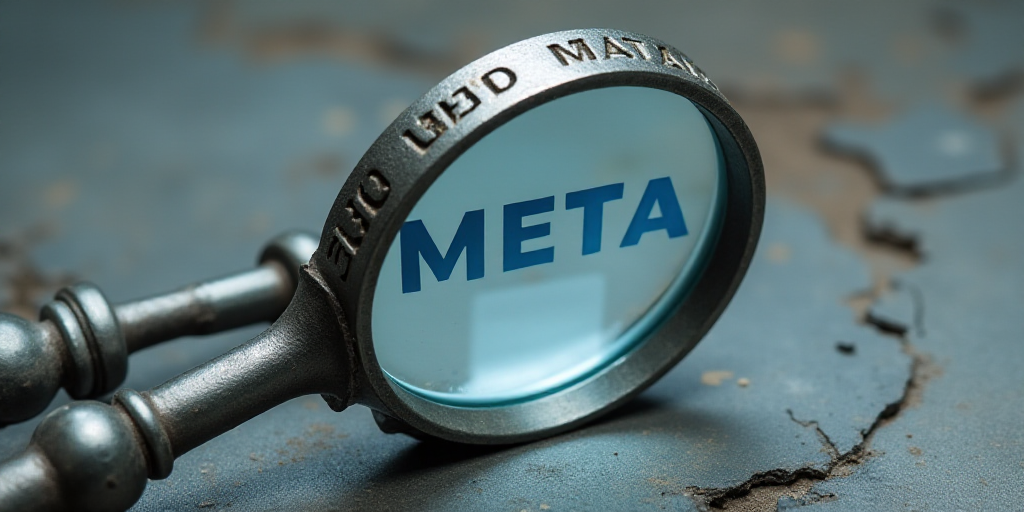Background on the Case
The Brazilian Attorney General’s Office (AGU) has announced a lawsuit against Meta, the parent company of Facebook, Instagram, and WhatsApp. The lawsuit targets deceptive ads that were allegedly used to defraud consumers on these platforms.
Who is Meta?
Meta Platforms Inc., formerly known as Facebook, is a multinational technology conglomerate based in Menlo Park, California. It owns several products that users worldwide engage with daily, including Facebook, Instagram, and WhatsApp.
Why is this case relevant?
This legal action highlights concerns about the misuse of government symbols, official organization emblems, and images of public authorities in deceptive advertising. The AGU aims to prevent such misuse and ensure that platforms enforce their terms of use effectively.
Key Points of the Lawsuit
- 1,770 Deceptive Ads Identified: The AGU has pinpointed at least 1,770 ads that aimed to defraud consumers by using official symbols and images of public authorities inappropriately.
- Inefficient Ad Verification System: The AGU claims that Meta’s ad verification system is ineffective and even counterproductive to its own terms of service. They request that Meta be compensated for alleged moral damage caused by violating consumer protection laws.
- Financial Information Request: The AGU has demanded information about the monetary gains Meta made from transmitting these fraudulent ads between January 10 and 21. They also ordered Meta to allocate this amount to a dissemination rights fund.
Key Questions and Answers
- What is the lawsuit about? The Brazilian Attorney General’s Office (AGU) is suing Meta for deceptive ads on Facebook and Instagram that misused government symbols, official organization emblems, and images of public authorities to defraud consumers.
- Why is the AGU taking this action? The AGU aims to prevent the misuse of official symbols and authorities’ images in advertising and ensure that platforms enforce their terms of use effectively.
- What specific concerns does the AGU raise? The AGU claims that Meta’s ad verification system is inefficient and counterproductive to its own terms of service. They also allege that Meta should be compensated for moral damage caused by violating consumer protection laws.
- What financial measures has the AGU requested? The AGU demanded information about Meta’s monetary gains from the fraudulent ads and ordered the company to allocate this amount to a dissemination rights fund.






